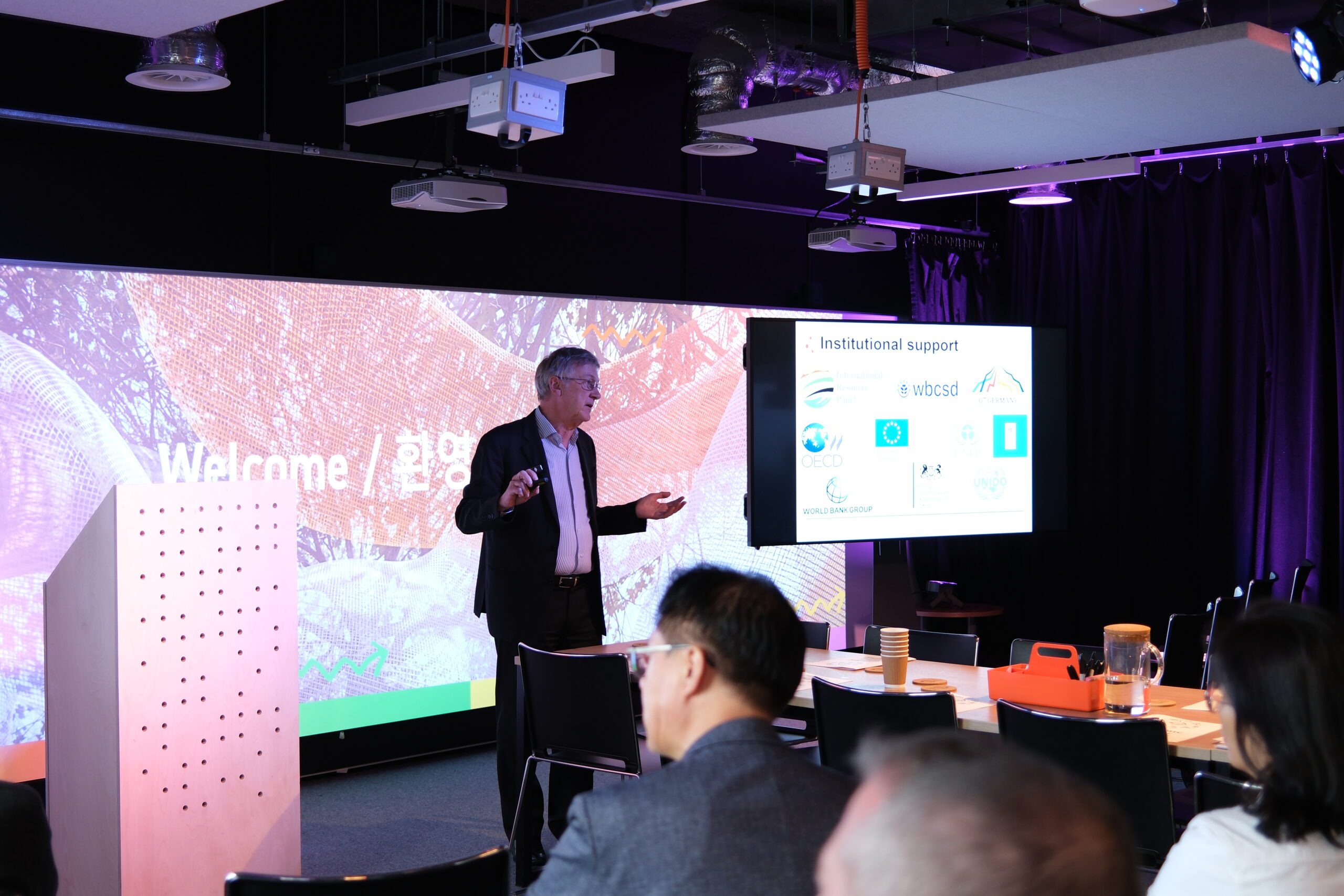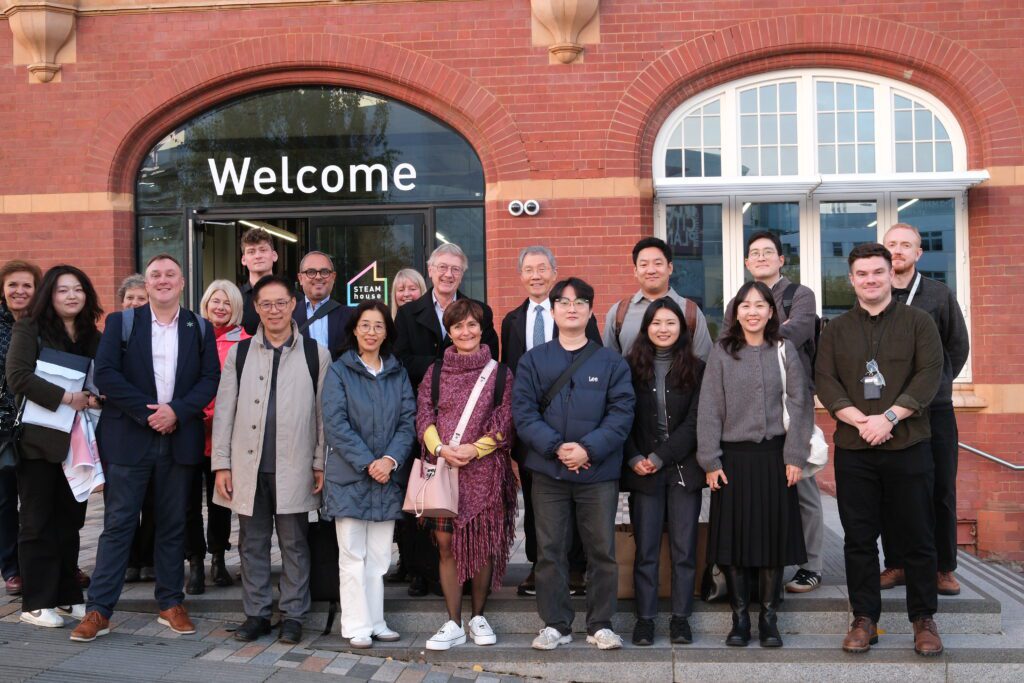Industrial Symbiosis and Eco-Industrial Development for Regions and Cities
With continued urbanisation, the battle for responsible sustainable growth, climate change mitigation and industrial decarbonisation will be either won or lost in cities. Reaching sustainability goals requires action that recognises the need to take a systemic approach to managing resources by attaching a value to waste materials and keeping them in circulation for as long as possible within a circular economy. A change in the current way of operating is required to enable this transition.

More About The Project
Facilitated industrial symbiosis and eco-industrial development (IS/ EID) take a systemic approach to keeping resources in productive use for longer which involves recognising that waste materials and resources (broadly defined) have a value and can often be reused. The use by one company or sector of underutilised resources from another, whether these are wastes, by-products, residues, energy, water, logistics, capacity, expertise, equipment or materials, offers opportunities to reduce carbon emissions whilst promoting green growth.
Public authorities are increasingly developing climate change mitigation and adaptation policies, sustainability policies, and a net-zero action plans. International Synergies, supported by Diatomic* and Birmingham City University, have developed an introductory Guide to encourage and enable local governments to realise environmental, economic and social benefit by applying IS/EID methodologies across departments to manage resources.
Cities are at the heart of the world’s economy. They will be at the heart of the transformation that is required if we are to become sustainable.”
Lloyd Broad, Head of European and International Affairs; Place, Prosperity and Sustainability Directorate, Birmingham City Council.
Taking a holistic approach across policies is critical if net-zero targets are to be met. IS/EID can easily be incorporated into strategies and action plans across thematics to support areas of particular relevance to local government, for example: climate change mitigation and net zero strategy, industrial strategy, waste reduction strategy, economic development and spatial strategy.
Drawing on International Synergies experience in over 50 countries around the globe, this introductory Guide highlights where cities should incorporate IS/IED into their action plans using Birmingham UK and Ulsan ROK as case studies, with contributions from Ulsan City and University of Ulsan. In practice, IS/EID is implemented in three ways, which can be combined to great effect:
- A facilitated IS/EID network well suited to address Climate Change Mitigation and Net Zero Targets, Industrial Strategy and Waste Reduction Strategy;
- IS/EID analysis, well suited to inform Economic Development and Spatial Strategies;
- An ICT platform supporting organisations to communicate about resources and opportunities for reuse supporting a network or analysis.
For more information download the project PDF here

*The DIATOMIC (Digital InnovAtion TransfOrMatIve Change) programme is a UKRI (UK Research and Innovation) funded initiative focused on accelerating innovation in the West Midlands. It’s part of the broader West Midlands Innovation Accelerator, which aims to drive economic growth, create jobs, and enhance the region’s innovation capacity.

Want To Learn More?
If you want to know more, please contact International Synergies.
Our Success Stories
We’re always looking for talented people who share our commitment to helping our clients transition to a more circular economy, and our passion for impact.
Request Case Studies
News & Events
Stay updated with upcoming events, exclusive free workshops, and the latest industry news. Don’t miss out—explore now to stay connected and informed.